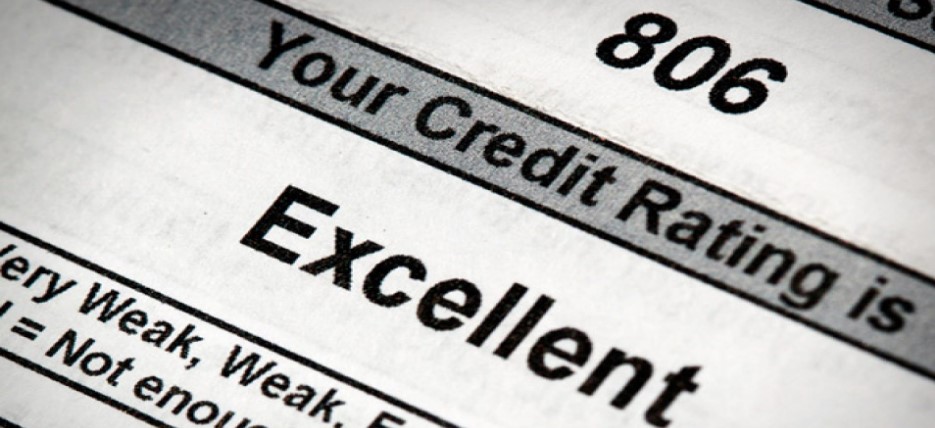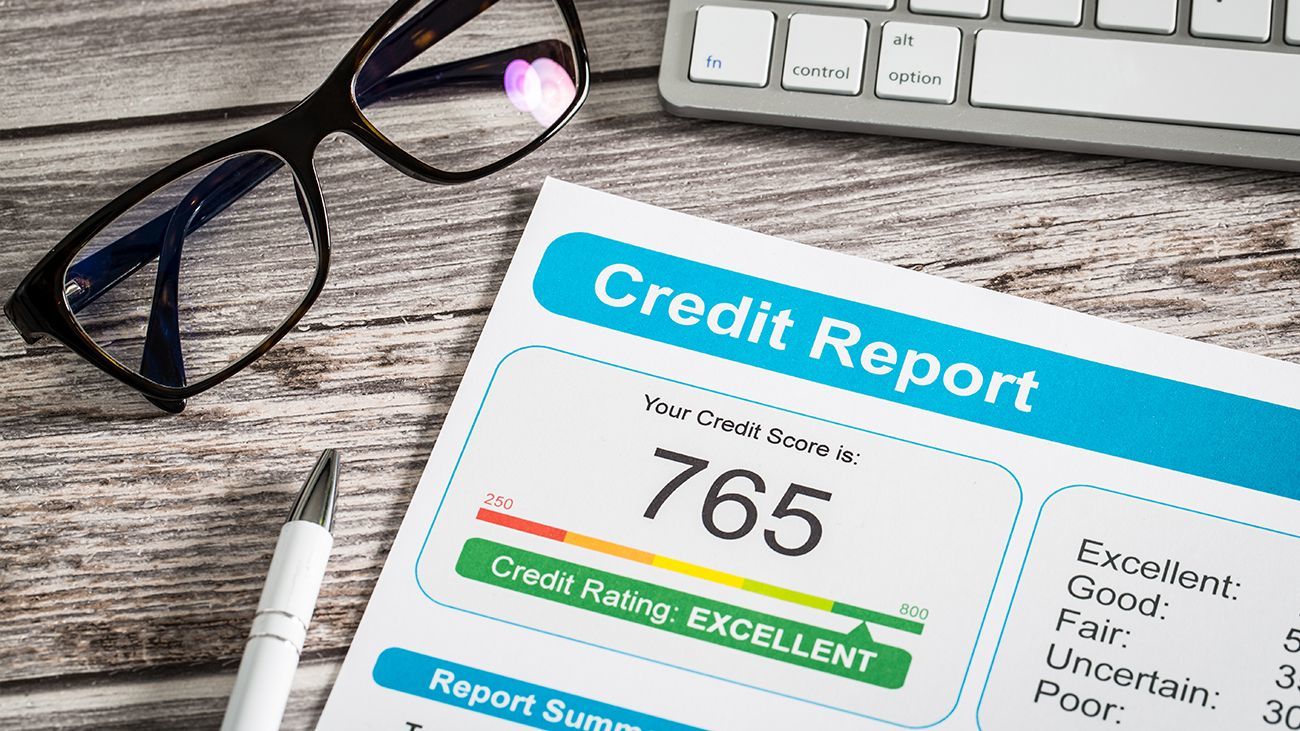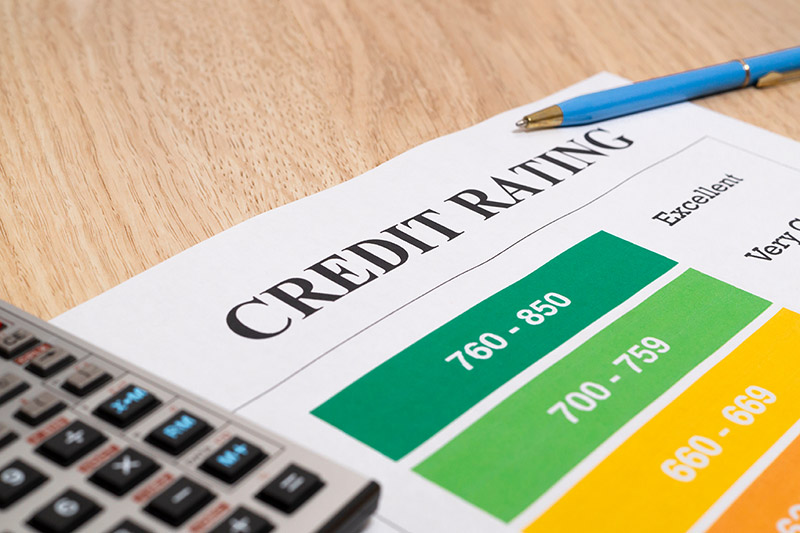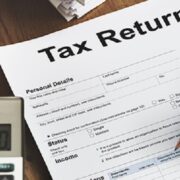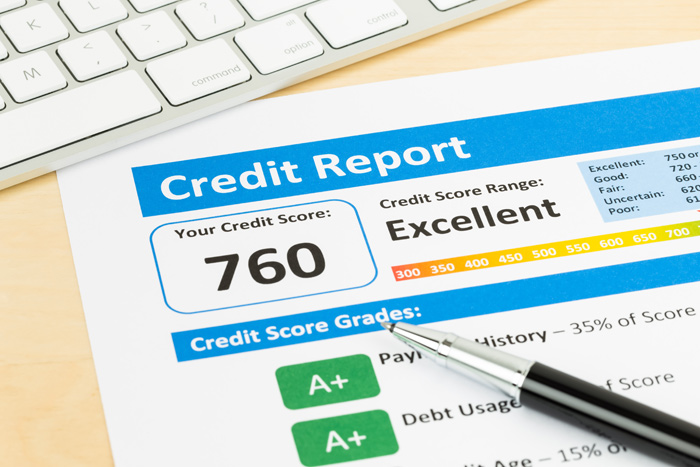
Are you currently are frequently confused when attempting to look for the distinction between Credit Reports and Credit Ratings? You’ll be interested to understand that you’re not alone who’s unclear about the terms. The confusion frequently occurs since the two affect what you can do to acquire a mortgage loan or other finance arrangement.
But, there’s an impact backward and forward. If you have look at this article, you ought to have a obvious knowledge of the main difference, and then, readily determine the main difference backward and forward.
Exactly what is a Credit History?
Credit Rating Agencies (for example Veda Advantage and Dun & Bradstreet) make a Credit History inside your name also it forms a part of your Credit Report. The report contains information detailing your credit report. These details may come from numerous transactions happened on your part, in the past 5 years. This is a list, which supports you identify the kinds of transactions indexed by your report:
>> Applications designed for a charge card
>> Monthly phone or bills received on your part
>> If you have accounts in arrears or payments in arrears, that have been 60 days late or even more (i.e. the arrears and payment defaults are indexed by your credit score as “Defaults “).
Exactly what is a Credit Rating?
It’s the actual statistical value allotted to the data in your credit score.
How’s My Credit Rating Calculated?
Credit Rating Agencies calculate it using a “Credit Rating model”, which applies an intricate mathematical formula towards the information found in your report.
A particular weight is owned by numerous factors considered within the formula of “Credit Rating model.” In line with the evaluation of all the factors, a fico score is owned by you. This is a listing of typical factors considered within the model’s formula:
>> Your payment record
>> Frequency of the payments
>> Quantity of financial obligations you’ve incurred
>> The entire quantity of charge cards you’re holding, and
>> Credit charge-offs
Nearly all scores usually vary from 300 around the poor finish to 850 on top finish. Interestingly, the Veda credit rating system begins at 200 and finishes at 1,200. A score of 200 means that you’ve a 50% possibility of incurring a bad credit event over the following 12 several weeks.
Who Uses My Credit Rating?
Lenders/lenders uses it to find out your credit history when you plan a significant purchase or when you’re trying to get the first charge card. It’ll show lendersOrcredit score providers the amount of a danger you’re in having to pay back your debt.
“High” Credit Rating
The “greater” your score the lesser of the risk you’re towards the lenders/lenders, and you’ll be in a position to:
>> Obtain a lower rate of interest for charge cards, mortgage loans and then any other finance plans, and
>> Get a more favourable loan term
“Low” Credit Rating
For those who have a “low” score, you’ll be considered by lenders/lenders to become a high-risk which may lead to lendersOrcredit score providers:
>> Refusing you loan request
>> Charging you to definitely pay a greater rate of interest
>> Causing you to ineligible for just about any low-rates of interest available, or
>> Providing you a less favourable loan term
Why Must I Obtain My Credit History?
You should regularly look at your Credit Reports to deal with any incorrect information immediately. You can aquire your credit score from agencies like Veda Advantage or Dunn & Bradstreet. You ought to be titled to 1 free credit score every year. Understanding the information on your report will help you better understand your funds.
Improving Your Credit Score and Credit Rating
This is a listing of steps that will help you improve your credit rating Report and Credit Rating:
>> Endeavour to create all of your payments promptly, and
>> Avoid getting multiple charge cards
How to acquire a Loan with Unfavourable Credit Ratings?
Your Credit Rating will have an affect on you, especially before you make a credit card applicatoin for a mortgage or other finance arrangement. So, it is best to find expert and specialist advice from the professionally qualified finance broker. For the reason that he/she’ll have an intensive understanding from the impact that unfavourable scores might have in your ability to acquire a loan. Together with hisOrher advice, you’ll be to know your circumstances in better light and you’ll be ready to go to the loan provider/credit provider having a appropriate explanation of the unfavourable score.

